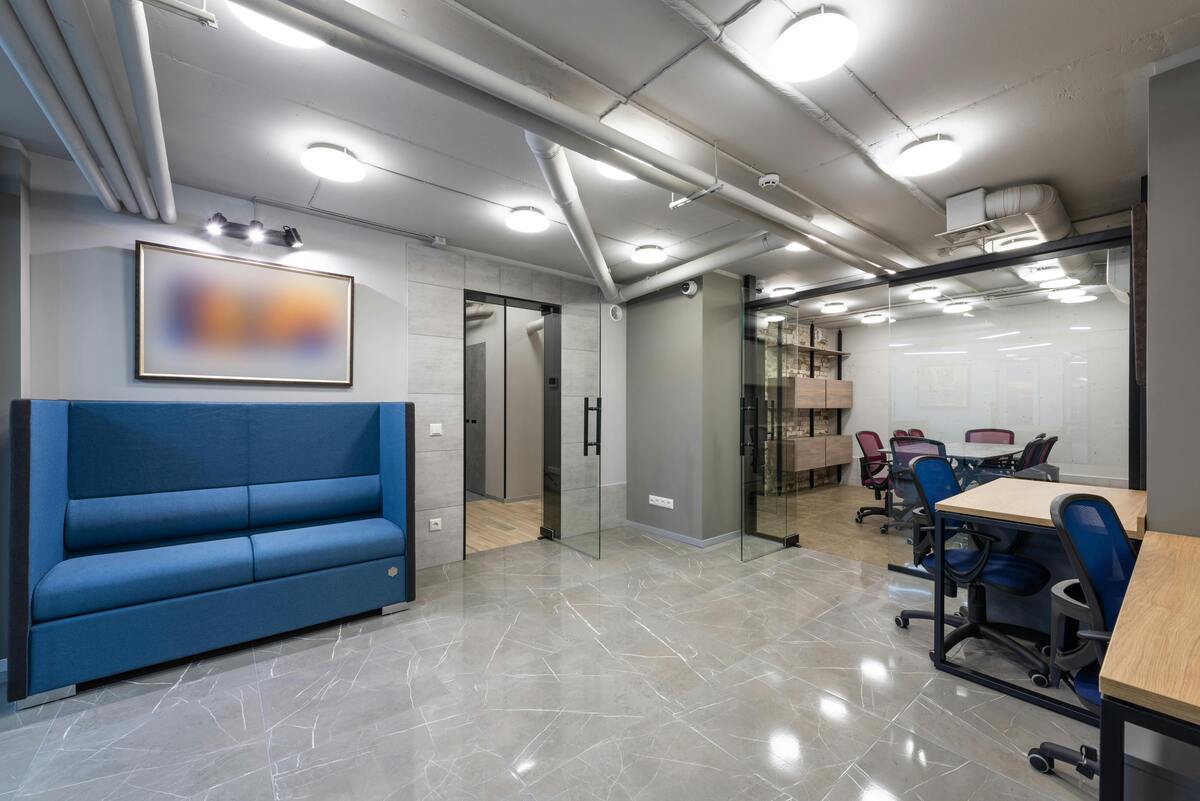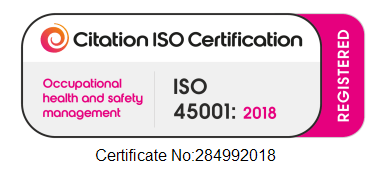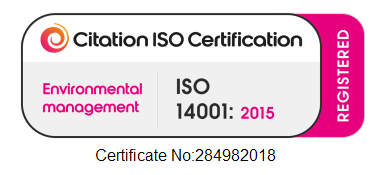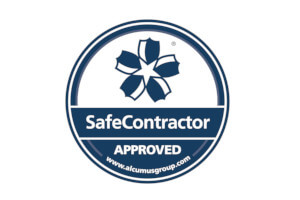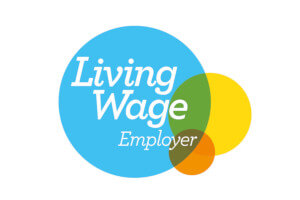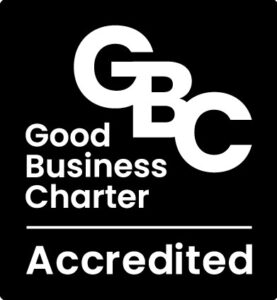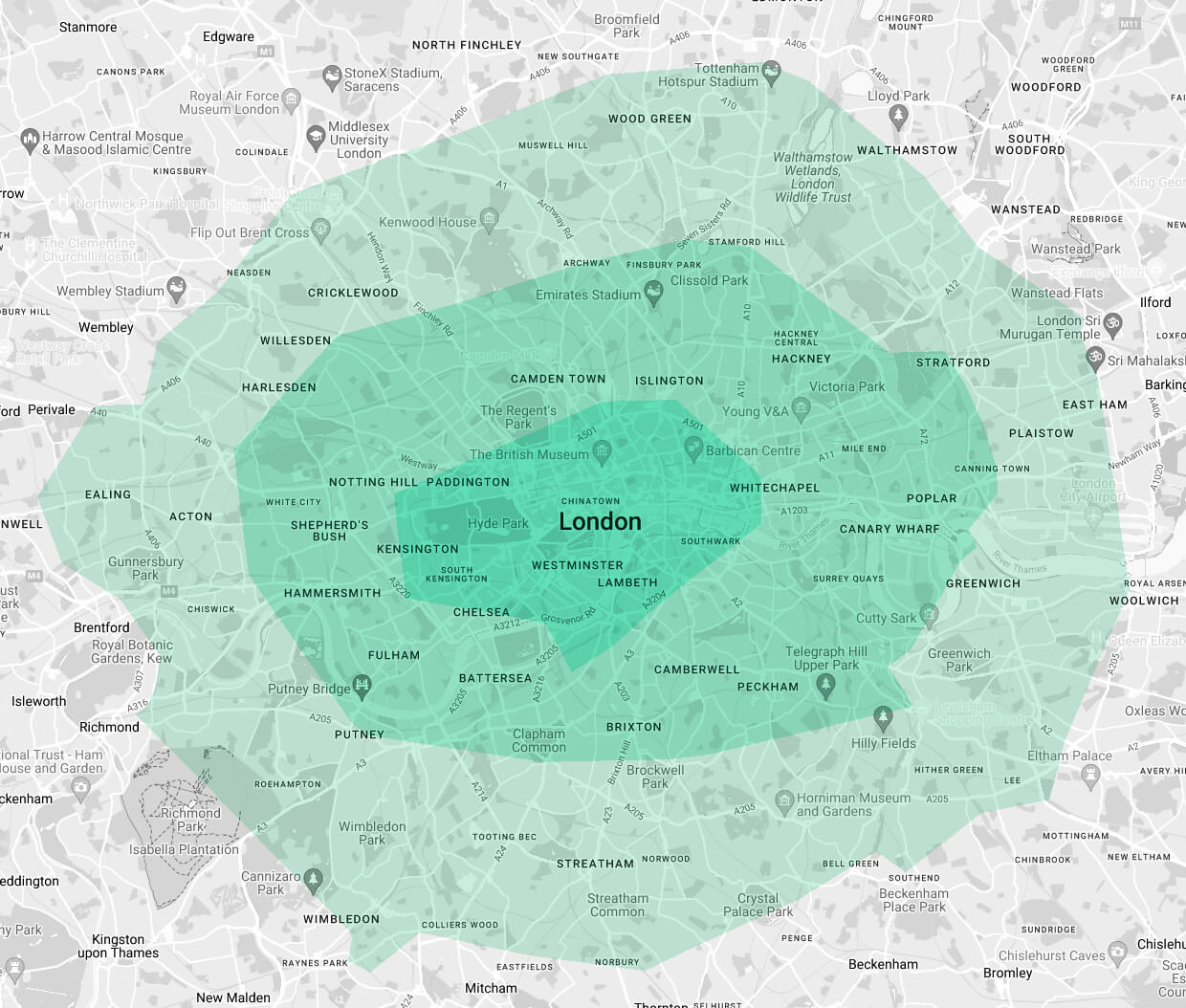
Alongside their day-to-day role and responsibilities, there’s an unwritten office etiquette for employees that’s well worth following.
Just as anyone can impress their boss by doing their job well, you can also undo all that hard work by failing to follow standard business etiquette.
It’s partly about maintaining a high level of professionalism that sets an example and ensures you get on well with other colleagues.
It’s also about making the office a welcoming and inviting space for all employees to use – somewhere that’s clean, tidy and offering perfect conditions for staff to do their best work.
Here are our top seven dos and don’ts for following the general rules of workplace etiquette.
Do: Check tech before meetings
In the past few years, with more and more offices embracing hybrid working and flexible workspaces, there has been a big increase in the number of online meetings.
But sometimes you’ll need to use a different meeting platform, or join the call from another device, etc.
Try not to wait until the meeting starts to discover you need a few minutes to log in, get your camera and microphone working properly, and so on.
Check your tech before it begins, or else you’ll waste other people’s time while they have to wait.
Don’t: Distract colleagues
When you’re working in an open plan office, don’t make more noise than you need to, otherwise you’ll soon get on your colleagues’ nerves.
For example, according to research by staffing firm Robert Half, many staff think listening to music with no headphones (41%) or streaming sport (39%) at your desk is unacceptable.
If you’re used to working alone but are now returning to the office, don’t distract your colleagues as they’ll struggle to concentrate.
Do: Be on time
Strive to always be on time, or early, for everything. As with online calls, if you’re late, you’ll keep colleagues or clients waiting and waste their time.
Also, get to face-to-face meetings in time for when it starts. If your working day starts at 9am, whether you’re going to the office or working from home, begin at that time or earlier – inevitably, after a while, someone will notice if you don’t.
If something goes wrong and unexpectedly, you’re going to be late for something, try to give the relevant people as much notice as possible – that’s also good business etiquette.
Don’t: Talk behind people’s backs
It’s best to be diplomatic in the workplace. Speaking to HR if you’re concerned about an employee’s behaviour is one thing, but gossipping or complaining about a member of staff to another colleague is unprofessional.
For example, there is a risk that people will associate you with a negative attitude or struggle to trust you, fearing that you might badmouth them too when their backs are turned.
Above all, never gossip about someone in written communication such as emails or instant messaging.
There’ll be a permanent record of it and someone else may share it, deliberately or accidentally.
Do: Be professional
Treat colleagues with respect, especially those in more senior positions. As a general rule, be polite and friendly to the people you’re working with.
In the office or on work calls, unless you have a strong relationship with your line manager, try not to share any personal problems that don’t affect your work and aren’t relevant.
And if you’re going to an office event, such as the work Christmas party, be careful – don’t get drunk or make a scene!
Don’t: Answer your phone in meetings
When you’re in a meeting, give the attendees and the focus of the session your undivided attention.
Keep your phone on silent – your personal WhatsApp messages can wait until the meeting is over.
But if you are expecting a time-sensitive client call or urgent personal call, give the other meeting attendees a heads up first and they’ll be happy to make an exception for you.
Do: Answer your phone all other times
In contrast, if your phone is ringing in an open plan office, always answer it.
You’ll frustrate colleagues when they’re trying to concentrate but they have to listen to your phone keep ringing, until the caller gives up or it finally goes to voicemail.
If there’s a landline ringing at your desk, pick it up quickly and when you go somewhere else, try not to leave your mobile phone behind in case someone calls you.
Don’t: Make a mess in communal spaces
Keeping communal areas clean and tidy is important for hygiene and safety reasons, but also to keep your colleagues on side.
The kitchen is key:
- Put your rubbish in the bin
- Recycle packaging
- Remove your food from the fridge before it goes off
- Wash your crockery or stack it neatly in the dishwasher
- Keep the microwave clean
Speaking of the microwave, more on that area of workplace etiquette shortly!
Do: Keep your desk clear
Every office should have a professional image, regardless of whether clients visit or not.
However, that professional image is a team effort and having a messy desk lets the side down.
There are many benefits to a clear desk policy including compliance, reducing waste, protecting belongings and improving staff morale.
Don’t: Put these foods in the office microwave!
This isn’t your home kitchen – don’t force your colleagues to breathe in the smell of your microwaved lunch. Some of the worst offenders for leaving behind a lingering odour are:
- Fish
- Broccoli
- Popcorn
- Garlic
- Cheese
- Spicy food
Think about the air quality in your office before using the microwave, especially in an open plan one.
Do: Clean up after your meeting
Always leave a room the way you found it. If you moved the furniture around for your meeting, put it back afterwards.
For example, did you make notes on the whiteboard? Take a photo of them, then wipe them off.
It’s not right to make other colleagues waste their time by sorting out your mess – clean up after your meeting.
Don’t: Go to the office if you’re unwell
And finally, if you’re sick, despite what some people say, going to the office anyway isn’t a good sign of commitment to your job.
There’s too much risk that you’ll make other colleagues ill too, harming their productivity and worsening the impact on the business.
If you can still concentrate and do your job well, work from home. If you’re too ill to work, tell the relevant people such as HR or your line manager.
The coronavirus crisis may be under control now but the same principles apply, i.e. don’t go to the office if you’re unwell. Bacteria can spread through an office very easily – there’s a reason why fogging and misting services for COVID-19 were so important.
Summary
Office etiquette helps to create a positive work environment that promotes professionalism, respect and good communication among colleagues.
It requires staff to show considerate behaviour to others and also clear up after themselves, letting them enjoy the benefits of a clean office space.
To learn more about the impact this can have, check out our article on how to improve staff morale with a clean space.
Elsewhere on our website we have sections dedicated to retail cleaning and office cleaning in London.
Think FM is an experienced commercial cleaning company in London. For more information about our services, please don’t hesitate to contact us.
share this article


